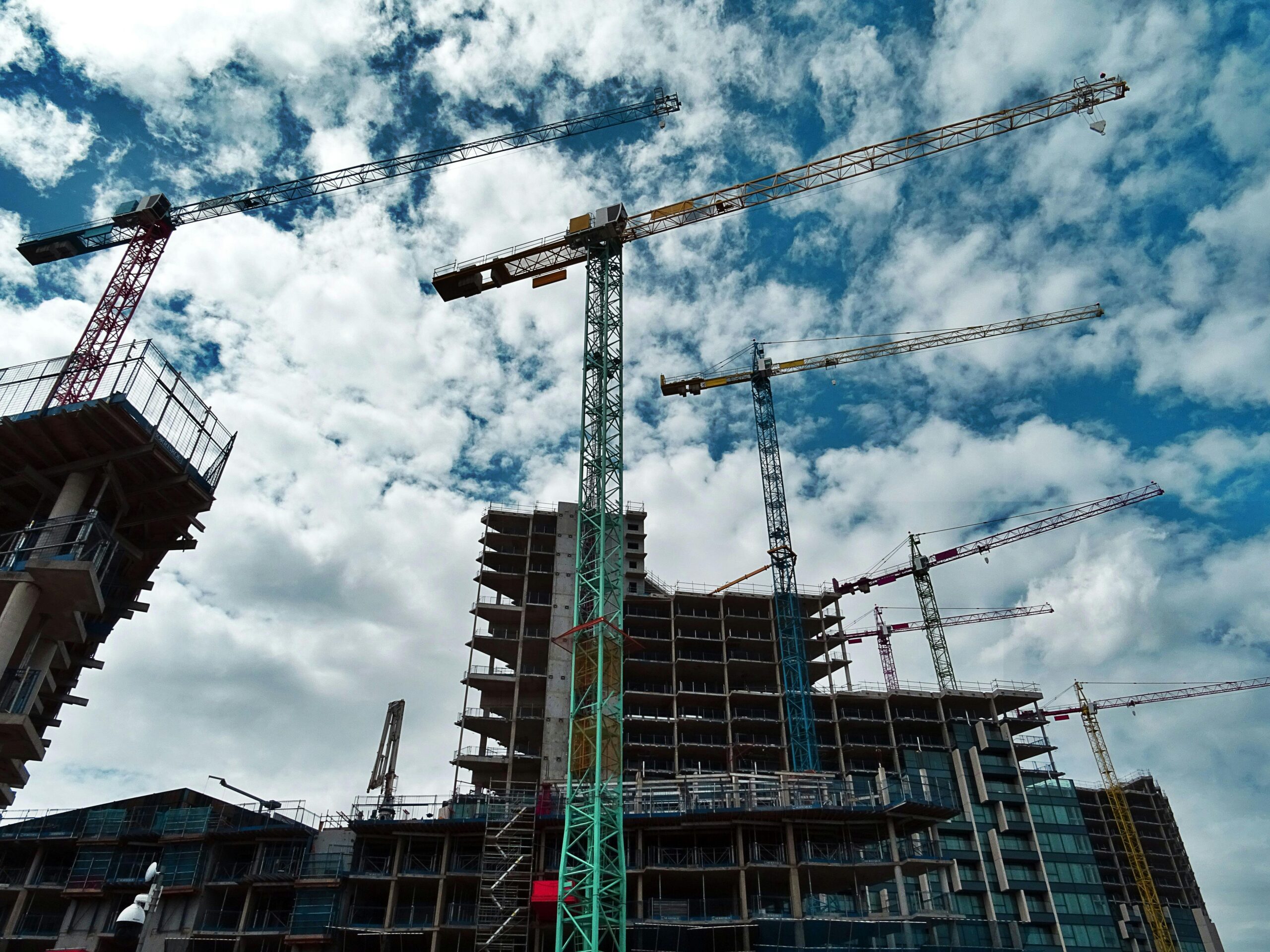Construction and Development Financing in Commercial Real Estate
Securing financing for ground-up construction in commercial real estate is a complex process that requires careful planning and multiple funding sources. Developers typically begin with pre-development financing to cover initial expenses such as feasibility studies, architectural plans, and permit applications. Next, they secure funding for land acquisition, often through traditional loans, private equity, or joint venture partnerships. Once the project is shovel-ready, developers obtain a construction loan, usually structured as a short-term, interest-only loan that funds different phases of development. These loans are often replaced by permanent financing or sold to investors once the project is stabilized and generate income.
In New York City, construction financing comes with unique challenges due to strict rising construction costs. The city’s high labor and material costs have been exacerbated by supply chain disruptions and inflation, making budget management crucial. Lenders have become more selective, often requiring higher pre-leasing commitments or additional equity contributions before approving financing.
While these challenges exist, some lenders are actively adapting to remain competitive in the market. Implementing more flexible underwriting criteria, offering structured financing solutions, and incorporating alternative capital sources are some ways certain lenders are trying to meet developer needs. Some lenders are also leaning into sustainable development incentives and government-backed programs to expand lending opportunities while mitigating risk.



